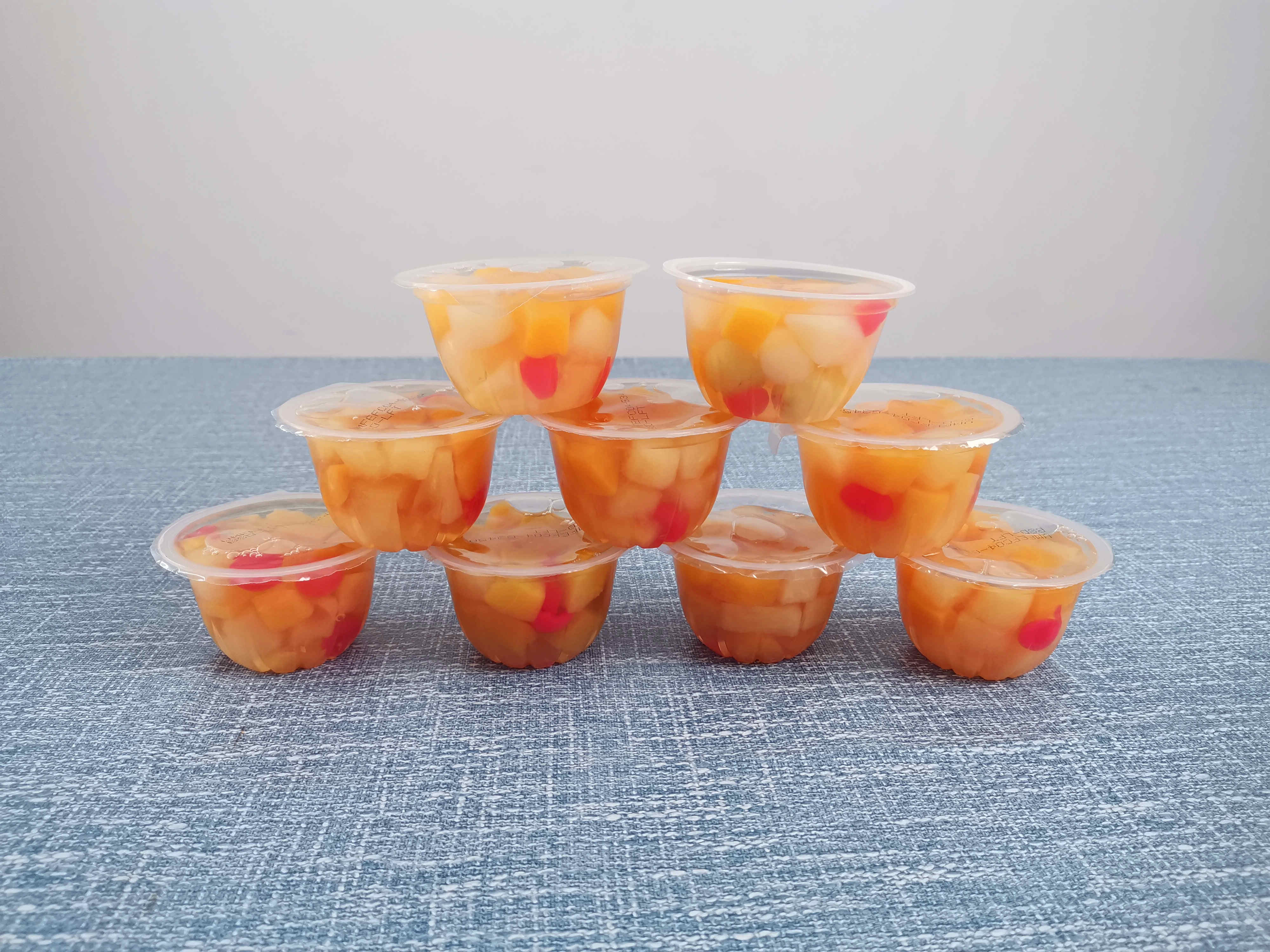Due to insufficient manufacturing technology, Chinese manufacturers still have gaps between “copy†products and genuine products, and it is difficult to be competitive in the high-end market.
At the 2013 International Biological Congress held recently, in the exhibition area of ​​a certain company, several media reporters were attracted by a blood pressure meter with only the size of the palm, and they measured their blood pressure before the booth. It is understood that this company has developed dozens of portable medical devices, as well as remote medical treatment devices, so that users can see a doctor at home without going out.
It is reported that the Chinese pharmaceutical market is currently growing at a rate of 30% per year, four times that of developed countries. However, China's medical devices are still in the era of "copying" developed products in Europe and America.
Still in catch up
"China's medical device market has increased from 30 billion yuan to 160 billion yuan in the past 10 years, an increase of 20% to 25%." Academician of the Chinese Academy of Engineering and professor of Tsinghua University, Cheng Jing introduced in the report of the conference.
Among them, the biochemical analyzer is a relatively high-end product. At present, Mindray has made a promising step. Its biochemical analyzer can perform thousands of tests per hour and is universal. The biochemical analyzer of Zhongsheng North Control tests at 200 times per hour. Returning entrepreneurs also produced biochemical analyzers based on microfluidic chips in Tianjin.
Cheng Jing believes that the future of traditional, fast and high-end products and products that lead the trend of new technologies will coexist.
He analyzed several types of products using charts. China's fully automated immunochemical analyzer is gradually reducing the distance from developed countries. The highest level of immunochemical analysis abroad can be analyzed about 200 times per hour. China currently has manufacturers who can analyze 100 to 200 samples per hour. Boao Biological Co., Ltd., which is under the responsibility of Cheng Jing, has obtained the technical certificate issued by the China Food and Drug Administration with a throughput of 120 times per hour.
Cheng Jing said that from the perspective of global development, the devices for in vitro diagnostics of medical devices have also grown rapidly, mainly in three aspects: molecular diagnosis, pathological analysis and bedside monitoring. "The global molecular diagnostics market is not very large, about 6 billion US dollars, but the growth rate is very fast, the global average annual growth is about 11% to 12%. China's production value in 2011 was 100 million US dollars."
However, Cheng Jing also pointed out that although some of the equipment related to molecular diagnosis in China is getting smaller and smaller compared with developed countries, the gap between high-end products is still large. In terms of sequencing instrument platform software, with the support of the Ministry of Science and Technology, only some enterprises and universities are currently involved in research. After a company received funding last year, this year produced a sequencer specifically for genetic mutation detection, but it has not been able to compete with foreign manufacturers.
Unable to "copy" competitiveness
A domestic orthopaedic expert who asked not to be named commented on China's medical devices: "China's orthopaedic medical products are currently in the same period as most medical products, in the 'copy' period of European and American developed products."
According to statistics, in the first quarter of this year, China imported more than $3 billion worth of medical devices from 81 countries and regions, an increase of 15.41% year-on-year. Among them, Europe is China's largest import market for medical devices, with an import value of 1.171 billion US dollars, an increase of 16.42%; North America is the second largest market, with an import value of 1.003 billion US dollars, an increase of 16.52%; Asia ranks third, import value It was 820 million US dollars, an increase of 14.38%.
Among these imported products, the medical equipment used was $2.17 billion. Among the products with imported medical devices exceeding US$5,000, high value-added products mainly include color ultrasonic diagnostic equipment, X-ray tomograph, endoscope, complete MRI device, X-ray tube, vascular stent and artificial Joints, etc. Obviously, China's high-end medical device products are lacking, do not occupy the forefront of the international market, and do not have the right to speak in the market.
Canned Fruit Cocktail In Natural Fruit Juice, with yellow peach, pear, Imported Pineapple and cherry halves mixed in Fruit Juice.
Natural Juice Added Cherry Mixed Fruit is natural, healthy and delicous. The yellow peaches are picked from Fomdas own orchards, and pears are purchased from qualified suppliers, they are naturally grown and sun-ripened.

Cherry Mixed Fruits In Juice is gluten free, Non-GMO and no preservatives added. It is a good source of vitamins with low calories, and it's also a perfect snack for kids and adults.
Fomdas Juce Pack Canned Mixed Fruits are shelf-stable and easy-portable, with it, you can enjoy good flavors of different kinds of fruits at anytime and anywhere.
Canned Mix Fruits in Juice, Fruit Mix in Pear Juice, Canned Fruit Cocktail in Natural Fruit Juice, Cherry Mixed Fruits in Juice, Juice Pack Canned Mixed Fruits
ZHEJIANG FOMDAS FOODS CO., LTD. , https://www.fomdasfoods.com